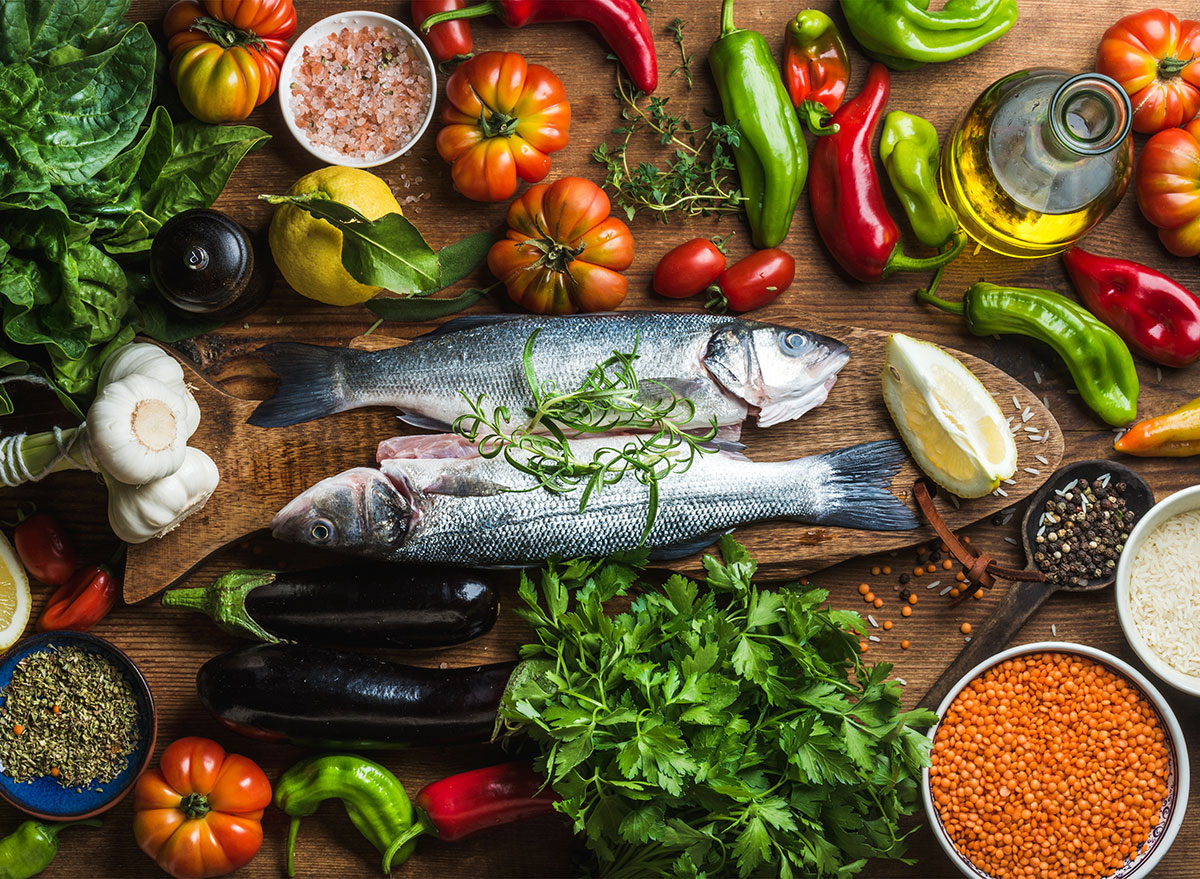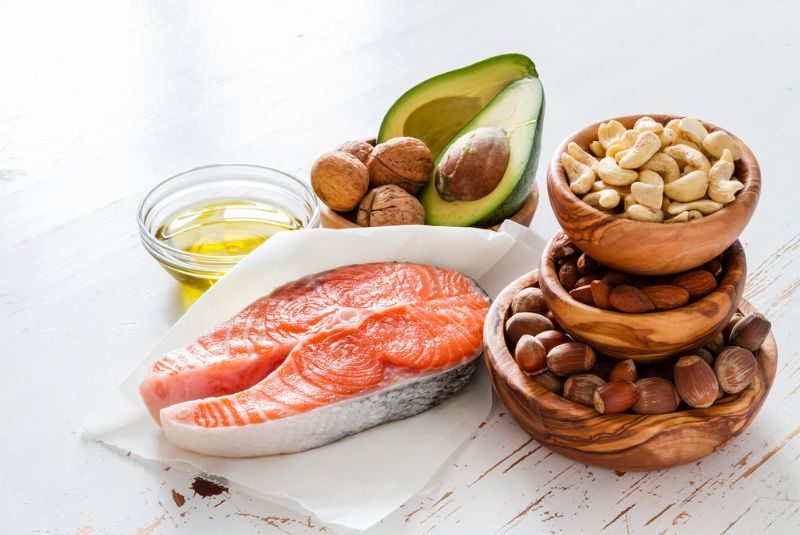The Mediterranean is a region famous throughout history. The Mediterranean region includes countries like Egypt, France, Syria, Tunisia, Turkey, Libya, Malta, Algeria, and Greece. The Mediterranean Sea provides a climate of mild, rainy winters and hot, dry summers.
Key ingredients of the Mediterranean diet include olive oil, fresh fruits, vegetables, legumes, fish, and whole grains. There is a moderate amount of wine and red meat. Some of the most pivotal cultures in history resided in the Mediterranean such as Phoenicians, Canaanites, Mesopotamians, Egyptians, Persia, Ottomans, and many more.
The Mediterranean region boasts one of the healthiest diets in the world. There are a few pointers we could take from the region’s diet.
The key of the Mediterranean diet and why it is superlative is because it doesn’t depend on calorie counting. It operates on a very simple principle, to swipe out unhealthy options for healthier options.

Foods Avoided On The Mediterranean Diet:
- Refined grains, white bread, white pasta, and pizza dough
- Refined oils such as soybean and canola oil
- Added sugars in foods like sweets, pastries, candies, sodas, and juices
- Processed meats like turkey, ham, chicken, and hot dogs
Stick To Whole Grains:
- Couscous
- Whole grain pita
- Brown Rice
- You can dip whole grain bread options in hummus, olive oil, and tahini
Olive Oil
Mediterranean countries are home to many olive trees. People in the Mediterranean region consume olive oil each day. They add it to stews, salads, and as toppings on dishes like hummus. Olive oil is rich in vitamin E, phenols, and antioxidants.
Add In The Seafood
Shrimp, salmon, tuna, and any of your favorite fish can be consumed twice per week. That is the rule of thumb on the frequency of consuming seafood. Seafood is a great source of lean protein. It’s also rich in vitamins and minerals.




